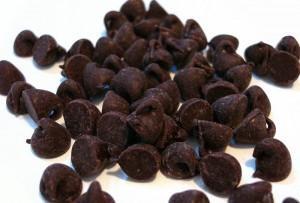
My mom is a pretty good barometer in my mind of whether something will be viable with regards to sustainability. Three years ago she was trying to determine whether to lease a Prius or not. Her primary needs were for transportation. She wasn’t planning on hauling heavy loads, driving in difficult weather, going off road, or combating mountainous terrain. She needed a car to get her to and from work, plus errands.
The Prius lost out. She chose something that handled better and was more conventional. Three years later her lease is about due and we have had a similar conversation. Many of the same issues persist. She’s also looked at the Volt (and test drove it), as well as the Lexus 200ct hybrid. With two months remaining before she has to make a decision, I don’t know which way she’ll go. This is a microcosm for society in my mind.
The reason I write this though is that she contacted me asking about sustainable chocolate. Apparently the Costco near her in California is only carrying sustainable chocolate chips now. She asked me about them and I gave her the answer that there isn’t a national set of standards for sustainable products, only organic, at this point and that it doesn’t necessarily mean anything. What it suggests is that the growing practices for the cacao and wages paid to farmers are less detrimental than traditional methods. However, she mentioned that the they just didn’t taste as good (when eaten by themselves) as the previous brand. What goes into those other chocolate chips? Good question. What goes into these? Also a good question. The label itself is mostly meaningless without some sort of certification. However, the point is that if they don’t taste as good (and are still more expensive), they will not win over people like my mom, and then we’re in for a long, difficult shift to sustainable products.
[Image source]




